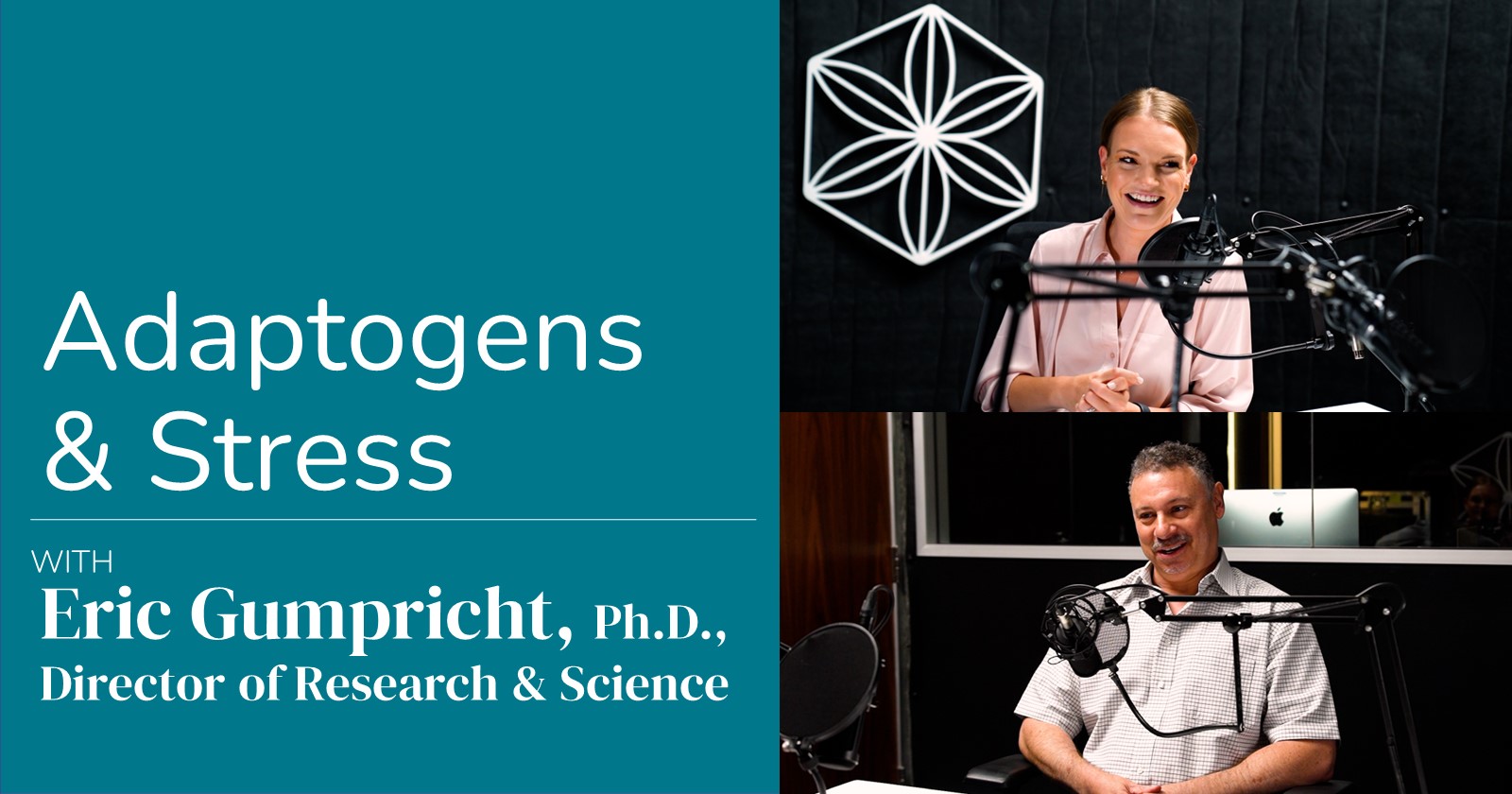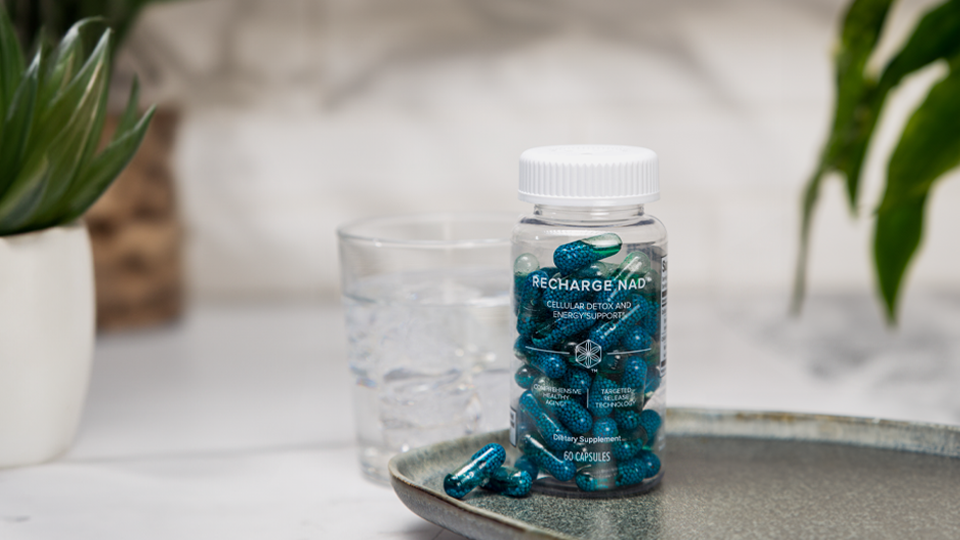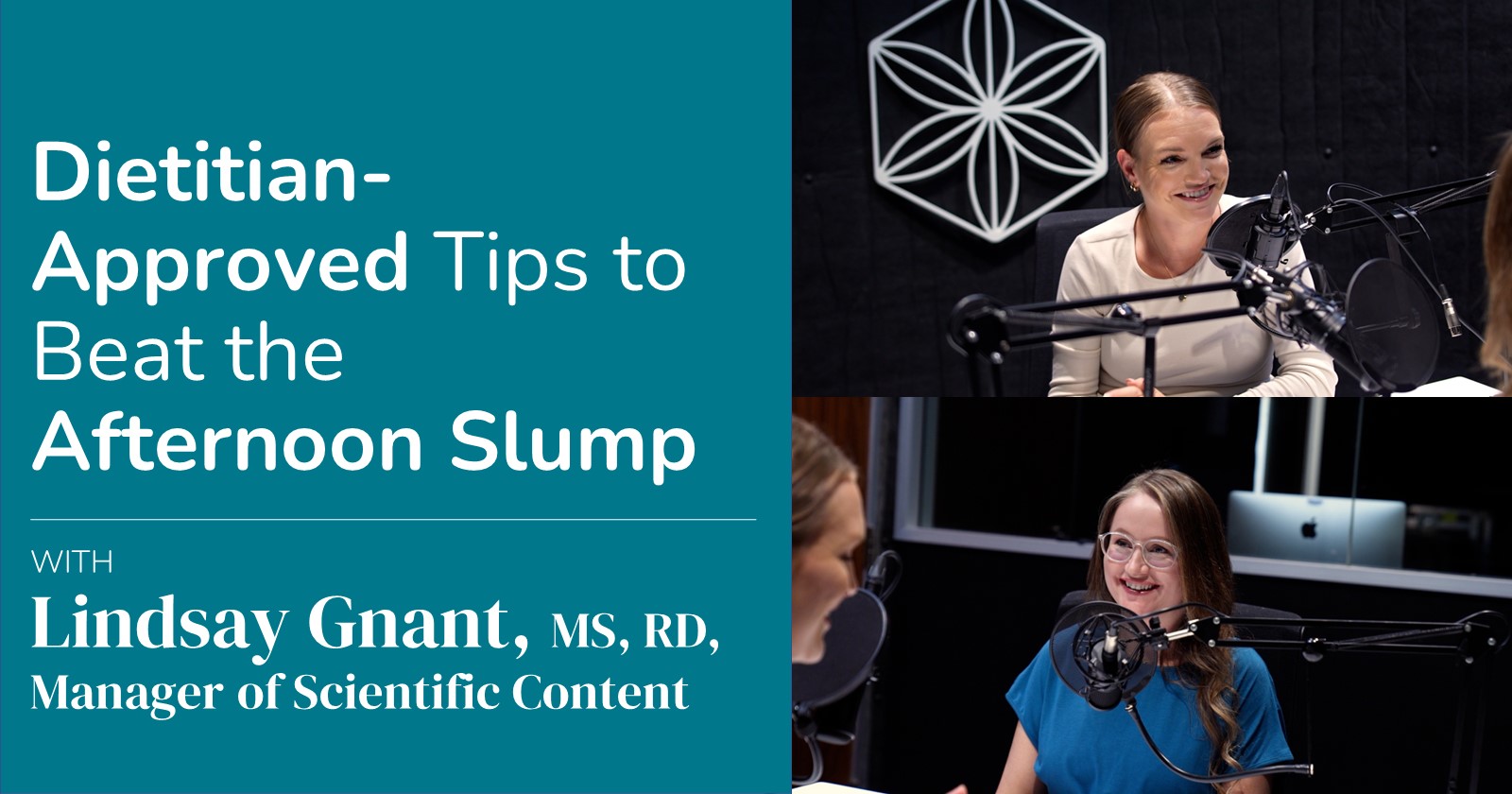The two questions all athletes should ask themselves are, “How well and how long do I sleep every night?” Optimal performance and body composition may depend on it. Consistently missing just one hour of sleep can alter insulin sensitivity, body weight, and other important hormones involved in recovery (1-3). “Mild sleep restriction” is what scientists call missing just one hour out of a regular seven- to eight-hour sleep every night (1).
In a study from the Department of Human Biology, Nutrition and Toxicology Research Institute Maastricht at the University of Maastricht in the Netherlands, Rick Hursel and fellow researchers found that not getting a good night’s sleep reduces the amount of fat you burn in a day by over 50 percent (1).
The research team ran a randomized, single-blinded crossover study on 15 healthy male volunteers who stayed for 48 hours in a metabolic chamber, where their total energy expenditure was measured. The subjects had their sleep interpreted by using hourly wake up calls to which the subjects had to respond to by turning off their alarm after two minutes. All subjects ate the same controlled and balanced diet and there was no difference in food. Even with identical diets, the interrupted sleep group experienced a 52 percent decrease in fatty acid oxidation (fat burning ability) (1).
For a hard training athlete, poor sleep, with exhausting training and sleepiness, can lead to a lack of motivation, food cravings, and poor training. Combine that with an inability to tap into fat tissue for fuel and body fat can increase. But even more important to athletes is how they are performing.
During sleep the highest amounts of growth hormone are released to rebuild and recover the body, while the stress hormone cortisol decreases to its lowest level (2). In sleep that is mildly restricted, studies show athletes have increased levels of perceived exertion and decreased insulin sensitivity (3). The result is a poor uptake of vital nutrients to athletes like glucose and amino acids, necessary for rebuilding damaged muscle tissue.
Luckily there are ways to combat these negative effects. Besides making an effort to devote the proper time to sleep and having good sleep hygiene, other methods can improve sleep quality. For example, in a double-blinded placebo-controlled clinical trial, researchers from the University of Pavia found five milligrams of melatonin (a dose similar to what’s in Isagenix Sleep Renewal Spray) taken one hour before bedtime was effective for better sleep quality in older adults (4). Over an eight-week trial, subjects slept longer, slept deeper, found it easier to get up in the morning, and were overall more alert than those receiving placebo treatment.
In terms of performance, in another double blind placebo controlled study, researchers gave three milligrams of melatonin or placebo to 20 highly trained athletes (5). Subjects consumed them before competition on the night before the event over several days. The event was a combination between a mountain run and ultra-endurance event of a 50-kilometer run to the top of a mountain. Melatonin significantly reduced exercise stress by lowering levels of cell damage and increasing antioxidative enzyme activities.
Melatonin offers better sleep, which means better recovery. Think of sleep as the time to reset all bodily systems. Not giving the body the rest it needs will lead to more then just feeling tired. From poor recovery to interrupted hormones to compromised nutrient uptake, body composition and performance will ultimately suffer. Using Sleep Support and Renewal is an effective way to aid in achieving proper sleep and its active components like melatonin have shown to be powerful aids. An effort should be made to get in at least seven-to-eight hours of sleep on a consistent basis.
Some Tips for a Better Night’s Sleep
- Go to bed at a reasonable time, whenever this is possible. Don’t worry if you are “up early”—this is how life is supposed to be.
- Don’t sacrifice your social life for sleep, but don’t party every day. Find a balance.
- Don’t use your computer or mobile smart phone in the vicinity of going to bed. It can delay your ability to fall asleep. See the articles; Lack of Sleep and Weight Loss: Is Lack of Quality Sleep Sabotaging Your Weight Loss? and The Importance of Sleep for more information.
- Have an IsaLean Shake, IsaPro, or other easily digestible food before bed; otherwise digestion may interfere with your sleep quality in the first two hours.
- Don’t watch TV too close to bedtime.
- Use Sleep Support and Renewal before bed to help fall asleep more readily, sleep more soundly, and stay asleep longer through the night.
References
- Hursel R, Rutters F, Gonnissen HK, Martens EA, Westerterp-Plantenga MS. Effects of sleep fragmentation in healthy men on energy expenditure, substrate oxidation, physical activity, and exhaustion measured over 48 h in a respiratory chamber. The American journal of clinical nutrition 2011;94:804-8.
- Van Cauter E, Plat L, Leproult R, Copinschi G. Alterations of circadian rhythmicity and sleep in aging: endocrine consequences. Hormone research 1997;49:147-52.
- Van Helder T, Radomski MW. Sleep deprivation and the effect on exercise performance. Sports Medicine 1989;7:235-47.
- Rondanelli M, Opizzi A, Monteferrario F, Antoniello N, Manni R, Klersy C. The Effect of Melatonin, Magnesium, and Zinc on Primary Insomnia in Long-Term Care Facility Residents in Italy: A Double Blind, Placebo Controlled Clinical Trial. Journal of the American Geriatrics Society 2011;59:82-90.
- Ochoa JJ, Diaz-Castro J, Kajarabille N et al. Melatonin supplementation ameliorates oxidative stress and inflammatory signaling induced by strenuous exercise in adult human males. Journal of pineal research 2011;51:373-80.





